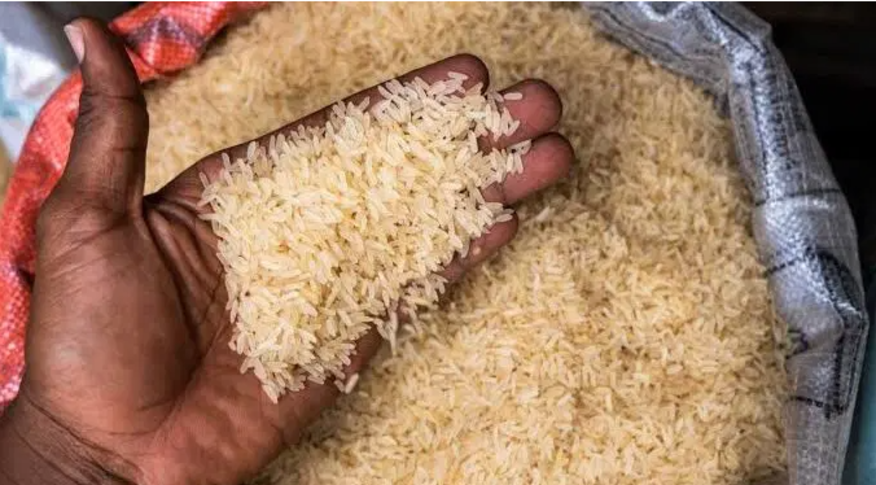The latest report from the National Bureau of Statistics (NBS) reveals a staggering surge in Nigeria’s headline inflation rate, which soared to 28.2% in November. This marks a significant 0.87% increase from the previous month’s rate of 27.33%. The sharp rise in inflation has sparked concerns about the economic stability of Africa’s most populous nation.
According to the Consumer Price Index (CPI) and Inflation Report released by the NBS in Abuja, the inflation rate for November 2023 was a striking 6.73% higher than the corresponding period in 2022, reflecting a worrying trend of price escalation.
The inflationary pressures were broad-based, with notable increases observed across a spectrum of goods and services. Categories such as food and non-alcoholic beverages, housing, water, electricity, gas, clothing, footwear, and transport experienced significant upticks in prices. This surge signals a harsh reality for Nigerian consumers, who are grappling with the burden of escalating living costs.
The NBS report highlighted that on a month-on-month basis, the headline inflation rate shot up to 2.09% in November, showcasing a 0.35% increment from the previous month. This unrelenting rise in prices underscores the growing financial strain faced by ordinary Nigerians.
Amidst this inflationary storm, the report also revealed that the food inflation rate skyrocketed to 32.84% on a year-on-year basis, underscoring an 8.72% surge compared to the same period in 2022. The surge in food prices, driven by soaring costs of essential items such as oil, fats, cereals, fish, and vegetables, paints a grim picture for households already reeling from financial hardships.
Furthermore, the core inflation rate, which excludes the prices of volatile agricultural produce and energy, surged to 22.38% on a year-on-year basis, marking a significant 4.39% increase from the previous year. This rapid spike in core inflation amplifies the financial hardships faced by Nigerians, signaling tougher times ahead.
The NBS data also highlighted regional disparities, with urban inflation reaching 30.21% in November on a year-on-year basis, while rural areas experienced an inflation rate of 26.43%. This divergence exposes the economic fault lines that exist within the country, with both urban and rural populations feeling the weight of rising prices.
The impact of this inflationary surge was felt across various states, with Kogi, Lagos, and Rivers experiencing the highest all-items inflation rates, while Borno, Katsina, and Plateau recorded the slowest rise. This points to a nationwide dilemma, with the inflationary shockwaves reverberating from state to state.
In light of these alarming developments, it is crucial for policymakers and economic stakeholders to take swift and decisive action to address the underlying factors driving this inflationary spike. The growing financial strain on ordinary Nigerians demands urgent attention and concerted efforts to mitigate the adverse impact on livelihoods.
The escalation of inflation to 28.2% in November underscores the pressing need for proactive measures to stabilize prices and restore economic equilibrium. As the nation grapples with this formidable challenge, timely interventions are imperative to safeguard the welfare of Nigerian citizens and steer the economy toward a path of sustainable growth and prosperity.



